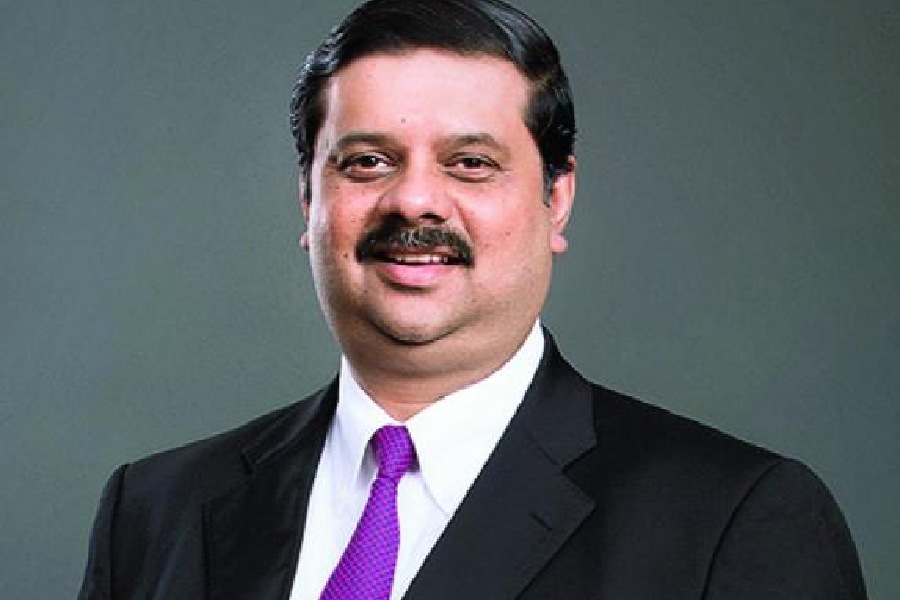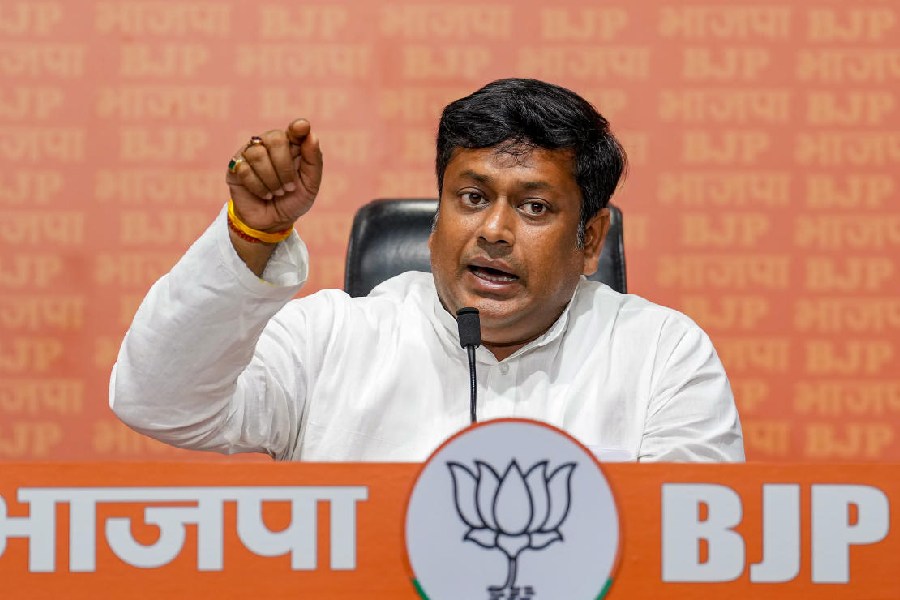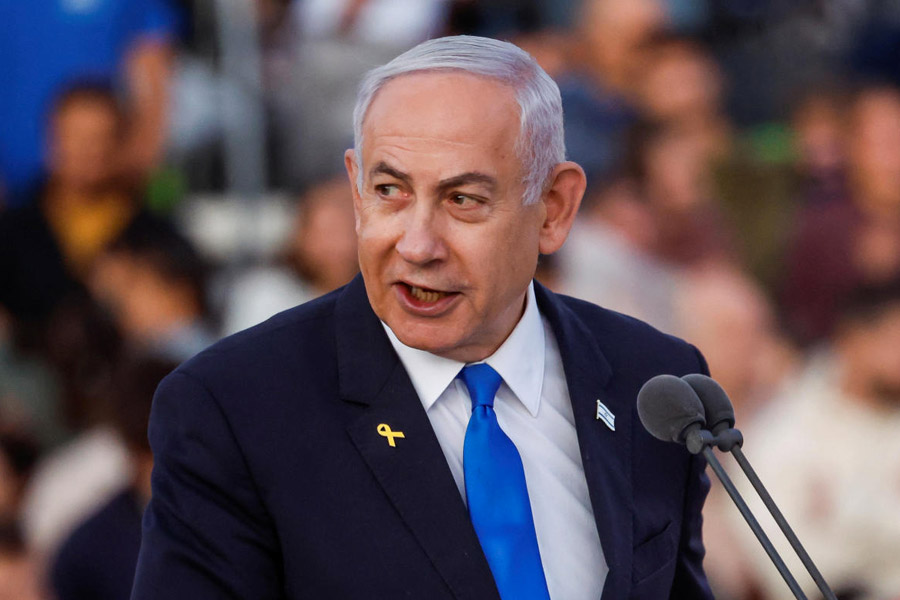What happens if you are appointed the chief financial officer of a company which is just about to grow exponentially, leapfrogging out of the comfort zone of the domestic market to the challenging dynamics of multiple geographies across continents and taking up significant debt to fund that blazing ambition, when you are just about 10 years to the profession, married not too long ago with a 2-year-old son at home?
Ask Koushik Chatterjee.
The boy from the Ruhr of Bengal, who went to St Patrick School in Asansol and then graduated from the Calcutta University before training himself to be a chartered accountant, joined Tata Steel in 1995 in the corporate finance and planning group. Cut to 2004, Chatterjee assumed the role of CFO when Tata Steel was at the cusp of undertaking the most audacious global gambit ever undertaken by an Indian company.
“I was not prepared neither I was made prepared for the role,” Chatterjee disclosed candidly, adding that he went up to the then managing director of Tata Steel (B. Muthuraman) asking what led him to believe that he was up for the job.
Speaking to a bunch of young aspiring managers at the 23rd Sir Jehangir Ghandy Memorial Oration at the Calcutta Management Summit, organised in partnership with The Telegraph by the Calcutta Management Association, Chatterjee recalled how the balance of life became tricky given such roles are usually offered when the candidate spends a good 25 years in the profession and considered prepared for the job.
But he took the challenge. “I took it as a duty. The risk was taken by the people who appointed me as CFO. My job was to make their decision feel right,” he recalled.
By all standards, he appeared to have lived up to the responsibility bestowed on him. Twenty years since then, Chatterjee went to became group CFO in 2008 and then joined the board in 2012 as a whole-time director, a position he continues to be in still today.
His reappointment to the board in 2022, said that Chatterjee led transaction planning, structuring and execution planning for acquisitions and divestments of businesses with transactions value aggregating $25 billion in India, Europe, Canada, Africa, Thailand, Singapore and Australia. He led the financing programme of the company for over $60 billion including refinancing and also financing strategy for organic and inorganic growth.
Since then, he also played a pivotal role in securing a £500-million grant from the UK government for a proposed green transition of the loss-making business which would lead to significant job losses.
Undoubtedly, such a challenging job brings its own sets of issues. Chatterjee argued that self-leadership becomes important — the ability to lead oneself, manage difficult situations and awkward conversations. He reminded that it would also be a function of aspiration: “If I want to reach unusually high, (I) must be comfortable with stress.”
He suggested that managers should look inward and search what are their constituents, how does one manage volatility and addresses stress.
“People who are good with managing ambiguity, uncertainty, converting opportunities to outcomes and handling risks and stress are the best prepared,” Chatterjee suggested.
He would know. From a zero-debt company, Tata Steel became heavily indebted after the acquisition of Corus. Before the company could reap the benefit of the $12.7 billion takeover, the global financial crisis in 2008 post the fall of Lehman Brothers hit the Eurozone economy very hard, impacting Corus, later renamed Tata Steel Europe, very badly.
In India, many steel companies went belly up and slipped to insolvency later. But Tata Steel emerged stronger than before, despite many ups and downs that marked the global steel industry over the last two decades.
He stressed that India is on a multi-decadal growth path but it would not be a one-way street. In a world which is seeing many ‘outrage and outages’, the old way of doing business has all but disappeared.
“We are looking at a volatile state – can’t carry out day-to-day jobs as usual,” Chatterjee said.
The future of corporations, he argued, would not only be driven by the Wall Street credo of shareholders’ profit alone. The corporation has to effectively deal with the balances of society, stakeholders and ecosystem, he said.
The managers of tomorrow have to be guided by what Chatterjee defined as the 4 Ps: purpose, planet, profit and people. “Need to have the ability to define a strategy in a manner where we pursue our purpose, focus on the planet, (then) profits will come,” he argued.
Above all, he stressed the need to be a good person. It is the people who make it happen; he said underlining the role of having a good team of people.
Chatterjee recalled his late father. “During my professional journey, every time something good happened and I shared it with him, he used to say, continue to be a good human being.”
In a world which is about to enter the uncharted territory of the machine age, powered by artificial intelligence, it is the human touch that may well be the key to a sustainable future.










